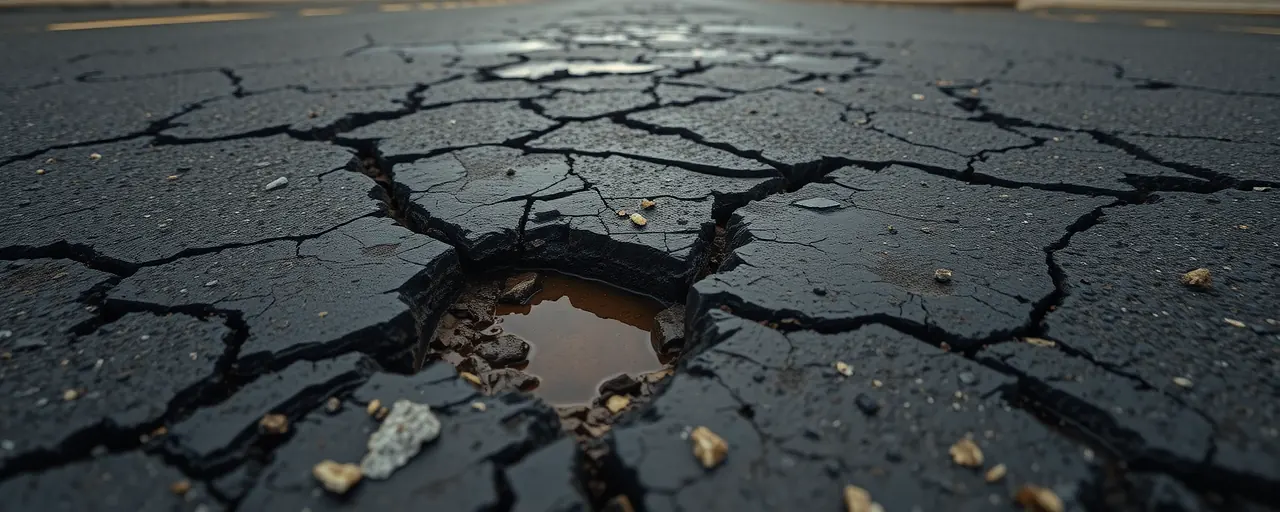A Parade That Puts Pageantry Over People
On June 14, 2025, Washington, D.C., will face chaos. The U.S. Army’s 250th anniversary parade, featuring 6,600 soldiers, 150 vehicles, and 50 aircraft, carries a staggering $45 million price tag, with $16 million earmarked for road repairs from tank damage. This event will snarl traffic for months and burden taxpayers with costs that could transform lives elsewhere. Why pour millions into a fleeting spectacle when urgent needs go unmet?
The date adds fuel to the fire. Set on President Trump’s 79th birthday, the parade feels like a calculated nod to personal celebration rather than a pure tribute to the Army’s legacy. Democratic lawmakers have voiced alarm, pointing to the inclusion of tanks on Constitution Avenue as a sign of self-serving excess. The focus seems less on honoring service members and more on crafting a political show.
Counting the Costs to Communities
The numbers tell a grim story. The $45 million could provide mental health care for countless veterans, build affordable homes, or fix aging schools. Instead, it funds a day of flyovers and flag-waving. Traffic disruptions will cost D.C. businesses $2 million to $4 million daily, and emergency services may face delays of up to 10 minutes. These impacts hit real people—families, workers, first responders—hard.
Tanks and heavy vehicles will leave lasting scars on D.C.’s roads. Historical data shows that parade-related repairs often cost three times more than planned, with subsurface utility damage surfacing months later. Cities like D.C. end up stuck with multi-year recovery projects. Why invest in destruction when we could strengthen infrastructure for the long haul?
Some defense officials and veterans’ groups argue the parade boosts morale and showcases readiness. But true support for troops lies in tangible benefits—healthcare, housing, job programs—not in rolling out armor for a crowd. The Department of Defense, already managing a $1.9 trillion budget, faces scrutiny for oversight gaps costing billions. Adding this extravagant event only deepens the strain.
What Are We Really Celebrating?
Parade supporters claim it honors 250 years of Army service. Yet history suggests otherwise. Peacetime military parades, like the 1991 Gulf War review, are outliers, often tied to specific victories. Today’s event, with its partisan timing and lavish scale, risks undermining the Army’s nonpartisan tradition. When celebrations align with political fundraising or VIP perks, they erode public trust.
The critique from advocates for fiscal responsibility is sharp: this parade siphons funds from critical priorities. Veterans face homelessness while the Veterans Administration grapples with budget shortfalls. The parade’s cost could directly address these gaps. Critics also warn that such displays echo authoritarian tactics, prioritizing spectacle over democratic values. Why celebrate with tanks when we could invest in people?
Public spectacles can unite nations, as seen in events like Bastille Day. But they succeed only when they reflect shared values. This parade, tied to one individual’s milestone and disruptive to daily life, feels divisive. The Army’s legacy deserves a commemoration that uplifts, not alienates, communities.
A Smarter Way to Honor Service
There’s a better path to celebrate the Army’s milestone. Community events, virtual exhibits, or investments in veterans’ programs could honor service without paralyzing D.C. or draining public coffers. The 1976 Bicentennial balanced cost-sharing and public input to create lasting impact. Why not follow that model?
Taxpayers need accountability. Proposals like the Audit the Pentagon Act demand transparency in military spending, and this parade underscores the urgency. If we’re spending millions, let’s prioritize lasting benefits—healthcare, education, housing—over temporary displays. The Army’s strength lies in service, not showmanship.
On June 14, as D.C.’s streets strain under tanks, consider what this parade truly represents. Is it the America we envision—one that values flash over substance? We can honor the Army by putting people first. Let’s demand celebrations that unite us and investments that endure.
